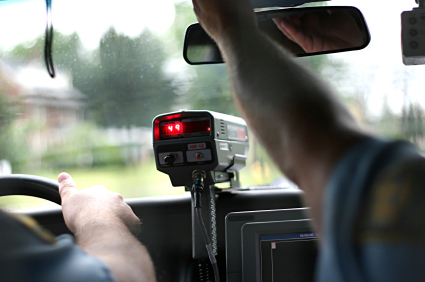
The laws against speeding in Illinois got tougher on July 2, 2010 when Governor Pat Quinn signed a new law aimed at persons driving 100 mph or faster.
The law has two important parts:
Speeding 31 mph over the Limit is a Class B Misdemeanor
Speeding 31 mph in excess of the limit is no longer a petty offense punishable by fine only. Now, a ticket for going 31 mph over the speed limit is a Class B misdemeanor, which has a penalty of up to six months jail and $1,500.00 fine
No Court Supervision for Aggravated Speeding
Speeding 40 mph or more over the limit was already a Class A misdemeanor. See 625 ILCS 5/11-601.5. All such offenses carry a maximum penalty of up to one year in jail and a fine of $2,500.00.
Previously, a defendant court receive court supervision for this offense. Supervision is a special type of sentence that results in a dismissal of the charge without a conviction provided the defendant complies with the terms and conditions of the sentence. While the charge is dismissed, the record of supervision remains until it is expunged.
The new law disallows supervision for all speeding tickets of 40 mph or more over the limit. Thus, the minimum sentence would be a conviction, most likely in a sentence such as conditional discharge or probation.
New Law, Same Old Loophole
While the new law prohibits supervision for aggravated speeding, defendants may still be able to escape with supervision if the prosecutor reduces the charge to speeding less than 40 mph over the limit.
This is entirely a matter of discretion for the prosecutor, and the writer of this article does not expect any such reductions from county State’s Attorneys unless there are exceptional circumstances.
The new law takes effect on January 1, 2011. Thus, a charge for aggravated speeding can still receive supervision up until that date.